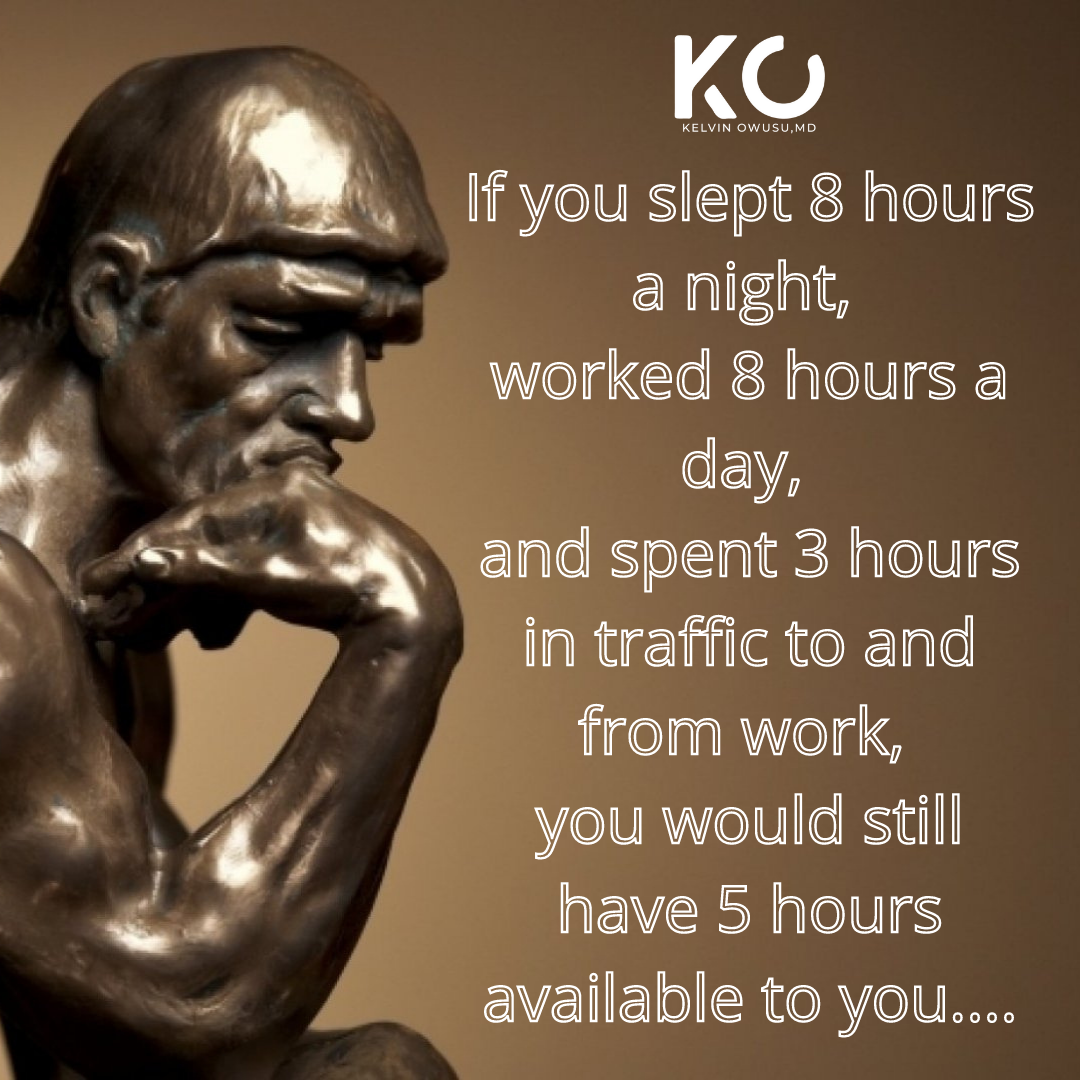Dealing with a Hangover
It's the end of the year, which for many people means party after party!
After an education session earlier in the month of December, during the q n A session, an attendee stood and his comments began as follows “….As for the drinking, this month, we go drink, but what happens after the drinking is what we don't like. So, doctor, how can you help us.” Suffice it to say the laughter and applause from the crowd was an unequivocal endorsement of the fact that December in Ghana is certainly the month for drinking, and that realization has culminated in the writing of this article.
I would not be a good doctor though if I did not point out that you can live without drinking alcohol; there is nothing that alcohol can add to your life that you cannot get from other healthier sources. If you decide to indulge, however, as a man, you are allowed 2 drinks a day while a woman is allowed only 1, due to their metabolic limitations regarding how their bodies process alcohol. Drinking less is always a plus for your health.
Knowing very well that you will not take this advice, especially during these festive seasons, let's define binge drinking, which is most likely to happen throughout the season. When a man consumes more than 5 drinks, or a woman consumes more than 4 drinks within 2 hours, they are said to be binge drinking. This is because consuming that much alcohol in that short a time will cause a rapid rise in your blood alcohol level which could cause problems for your liver. It is therefore important to recognize that when it comes to alcohol, a little bit regularly is actually better than bingeing occasionally.
But don’t let me bore you, all that info above is, as we say, ‘by the way’ let’s talk about how to minimize hangovers. I wonder why it was named ‘hangover’, but that is a subject outside this article's scope.
What is a hangover?
There’s really no medical diagnosis called hangover, however, anyone who has had a ‘good’ night out knows that there are a set of symptoms that you experience the morning after and they are a direct consequence of how much alcohol you consumed. These symptoms include, but are not limited to, headache, nausea, vomiting, fatigue, light sensitivity, dizziness, anxiety and increased blood pressure.
What causes it?
Dehydration, sleep disruption, and mild withdrawal all contribute to the development of a hangover.
How long does it last?
Hangover symptoms can last 24 hours or longer, depending on how much alcohol was consumed.
How can we deal with it?
The fact is there is no scientifically proven method of dealing with hangovers other than pushing through. So, match your consumption with an equivalent volume of patience and fortitude to withstand the hang!
A few remedies may provide some temporary relief:
What you should not do?
Do not take another drink to ease the hangover. All you are doing is prolonging the effects. Remember the hangover will last so long as you still have significant alcohol in your blood. So DO NOT ADD MORE ALCOHOL!!
Do not take paracetamol or any other medication that will further compromise the state of your liver. Some people are known to take some over-the-counter medication to reduce the headache, but remember that the liver has been through a lot during your binging; paracetamol is a drug that is metabolized by the liver, therefore taking paracetamol in this situation will be like pouring fuel on the fire.
In conclusion, by all means, have a good time this season, but be prepared to pay the price. Don’t make it a habit though, because liver failure is a very real consequence of binge drinking.
I am Dr. Kelvin Owusu, Wellness Consultant and Head of Occupational Health and Wellness at Claron Health International.

Comments
Post a Comment